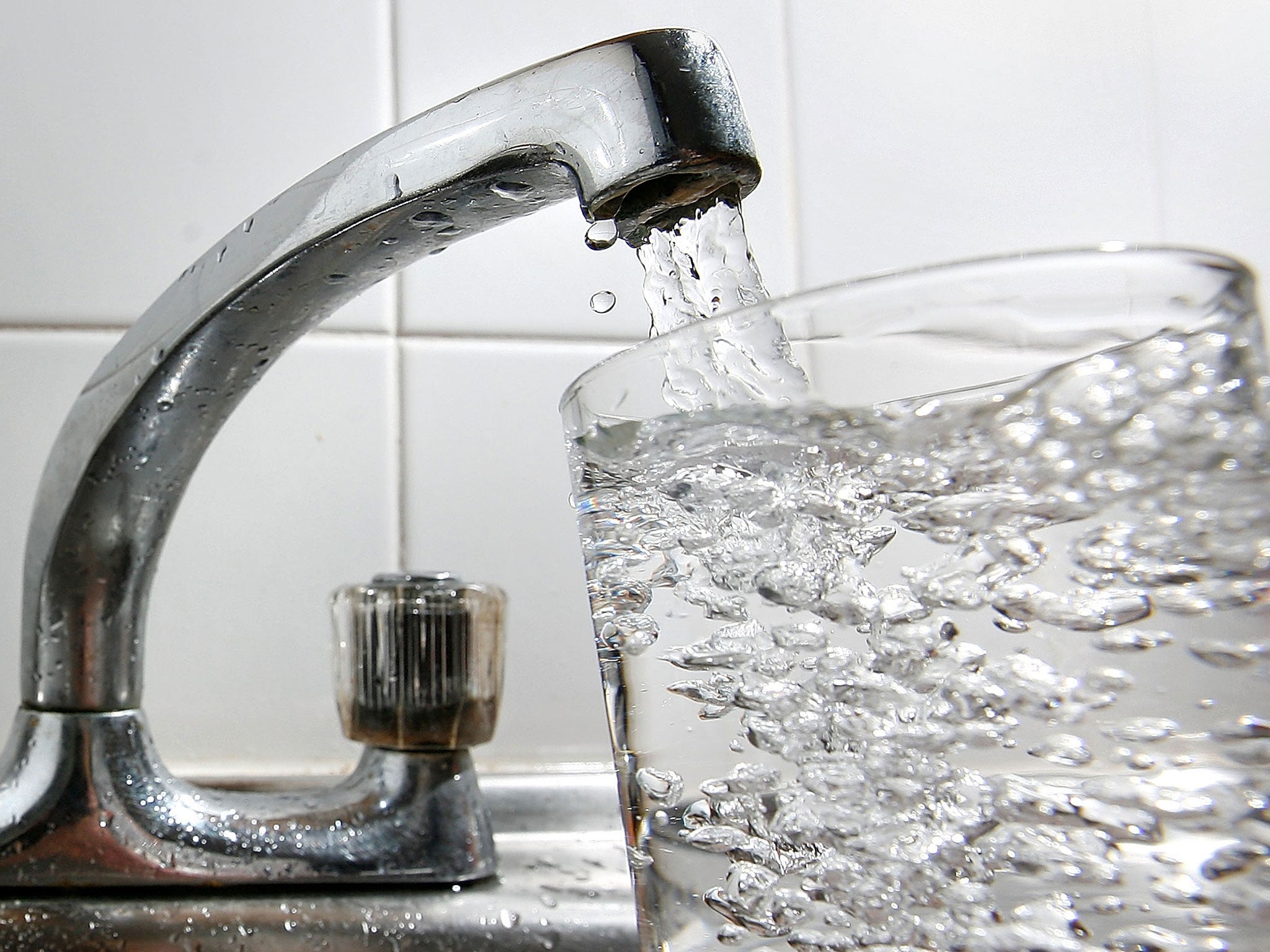Union slams ‘national scandal’ of £58m pay for water company bosses
GMB calls for renationalisation as private utility firms pay chief executives bumper salaries while consumers face rising bills

Water company bosses have come under fire after collecting £58m in salary, bonuses, pensions and other benefits over the past five years.
The nine bosses of England’s privatised water and sewerage companies were paid £11.3m last year, figures compiled from annual accounts by the GMB union show.
The union said the figures amount to a “national scandal” and demonstrate that privatisation of water services had been a costly mistake.
The average pay of the nine bosses was £1,254,000 in 2017 - six times more than the pay and pension of the prime minister.
Severn Trent paid its chief executive Liv Garfield £2.5m last year - the most of any water company and a 50 per cent increase since 2013, the research showed.
Close behind was United Utilities boss Steve Mogford who received £2.3m in salary and benefits last year - a 49 per cent rise on his 2013 pay.
Meanwhile, customers have seen their water bills rise by 40 per cent above the rate of inflation since privatisation in 1989, according to a 2015 report by the National Audit Office.
Tim Roache, GMB general secretary, said: “It is a national scandal over the last five years England’s hard-pressed water customers have been forced to splash out £58m through their bills to go into the pockets of just nine individuals.
“Privatisation of the water industry has been a costly mistake and these eye-watering sums are further proof the water industry must be returned to public hands."
Mr Roache urged the public and politicians to back GMB's campaign to renationalise the water companies.
“Water is the most natural monopoly and should be in public hands," he said.
Subscribe to Independent Premium to bookmark this article
Want to bookmark your favourite articles and stories to read or reference later? Start your Independent Premium subscription today.

Join our commenting forum
Join thought-provoking conversations, follow other Independent readers and see their replies